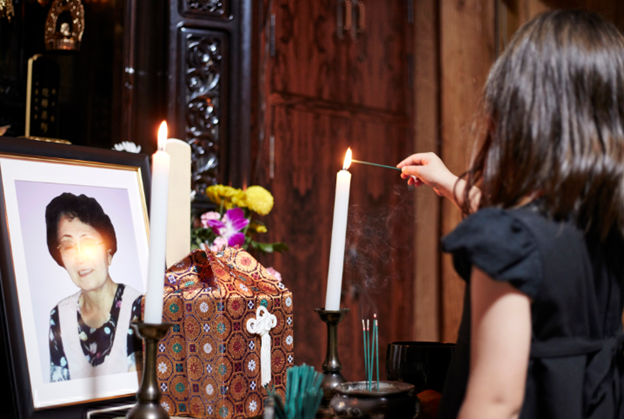Losing a loved one is an incredibly challenging and emotional experience. Coping with grief and finding ways to heal can be a long and difficult journey. One valuable tool in this process is the memorial service. Memorial services play a crucial role in helping individuals and communities come to terms with their loss and begin the healing process. In this blog, we’ll explore the significance of these services in our lives and how they contribute to the healing process.
Creating a Supportive Environment
One of the fundamental roles of these services is to create a supportive environment for those grieving. Grief can be an isolating experience, and these services offer a space for individuals to come together and connect with others who are going through a similar journey. This sense of community is invaluable for those who may feel alone in their sorrow.
Acknowledging and Expressing Emotions
These services provide a structured and safe space for people to acknowledge and express their emotions. The act of coming together to remember and honour the deceased can be cathartic. It allows individuals to share stories, memories, and emotions, providing an outlet for their grief. This process of emotional expression can be a significant step in the healing journey.
Celebrating Life
While mourning is a natural part of the grieving process, services also serve to celebrate the life of the person who has passed away. These gatherings offer an opportunity to focus on the positive aspects of the person’s life and the impact they had on those around them. Celebrating their life can help shift the focus from the pain of loss to the joy of having known them.
Finding Closure
Grief often comes with a sense of unfinished business or unresolved emotions. Memorial services can play a pivotal role in helping individuals find closure. They provide a structured setting to say goodbye, to express love and gratitude, and to honour the memory of the departed. This act of closure can be a crucial step in the healing process.
Ritual and Tradition
Many services incorporate rituals and traditions that are culturally or religiously significant. These rituals serve to provide a sense of structure and familiarity during a time of upheaval. They can help guide individuals through the grieving process and offer a sense of continuity and connection to their cultural or religious heritage.
Honouring the Individual
Every person is unique, and these services are an opportunity to honour the individuality of the person who has passed away. Whether it’s through music, photos, eulogies, or other personal touches, these services allow for a customized and heartfelt tribute. This personalized approach can be profoundly comforting to those in mourning.
Strengthening Bonds
In times of grief, relationships can be strained, or they can grow stronger. These services often bring people together who may not have seen each other for a long time. The act of supporting each other during a difficult period can strengthen bonds and create a lasting sense of connection among family and friends.
Coping with the Unpredictable
Grief is an unpredictable journey, and there is no right or wrong way to grieve. These services provide structure and a sense of purpose during a time when emotions can be overwhelming. They offer a predictable event that can help individuals navigate the uncertain waters of grief.
Memorial Services for the Community
While much of the focus has been on how these services aid individuals in their healing process, it’s important to recognize that these gatherings are not just for the immediate family and friends. They also play a significant role in community healing. When a well-loved community member passes away, the entire community can grieve together and find solace in shared memories and stories.
Conclusion
In the journey of healing from loss, memorial services serve as a cornerstone for emotional support, expression, and the celebration of life. They help individuals and communities come to terms with their grief, find closure, and strengthen their connections. While they may take various forms, the core role of these gatherings remains consistent: to provide a space where we can remember, grieve, and ultimately heal. So, whether you attend a traditional funeral, a lively celebration of life, or a virtual memorial service, remember that these gatherings are powerful tools in the process of healing from loss. In the face of grief, these services play a vital role in helping us remember, honour, and ultimately find peace.










